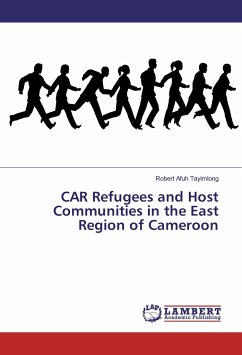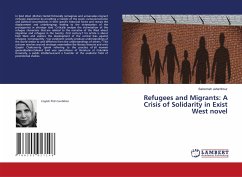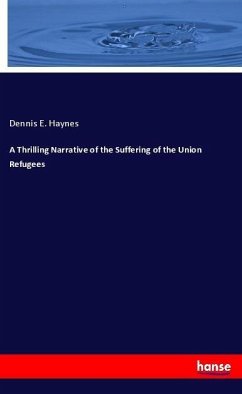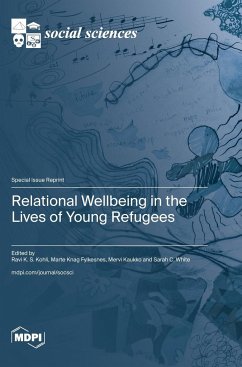
The Jewish Refugees in Postwar Italy, 1945-1951
The Way to Eretz Israel
Versandkostenfrei!
Versandfertig in 6-10 Tagen
52,99 €
inkl. MwSt.

PAYBACK Punkte
26 °P sammeln!
The Jewish Displaced Persons, survivors of the Holocaust, among them former partisans and concentration camp inmates started arriving in Italy in summer 1945. Originally from the Baltic States, Hungary and other parts of Eastern Europe, their immigration reached its peak in 1947 and ended in 1951 when the last refugees left Italy. Throughout these years between 50 000-70 000 refugees passed through Italy on their way to mostly Eretz Israel. Contemporary testimonies support the refugee view that Italy was a different place and they felt for the most part accepted. The story of the Jewish refuge...
The Jewish Displaced Persons, survivors of the Holocaust, among them former partisans and concentration camp inmates started arriving in Italy in summer 1945. Originally from the Baltic States, Hungary and other parts of Eastern Europe, their immigration reached its peak in 1947 and ended in 1951 when the last refugees left Italy. Throughout these years between 50 000-70 000 refugees passed through Italy on their way to mostly Eretz Israel. Contemporary testimonies support the refugee view that Italy was a different place and they felt for the most part accepted. The story of the Jewish refugees in Italy was a glorious one: they had a goal and most of them obtained it as they arrived in Eretz Israel. The purpose of the research is two-fold: it examines the movement and arrival in Italy of the refugees, as well as the attitudes of the Italian government, public and security forces towards them. It also examines the refugees themselves, their goals and aspirations and the social conditions of the DP camps. These aspects form an important part of political and social history, also in terms of the international effort to aid the refugees.












